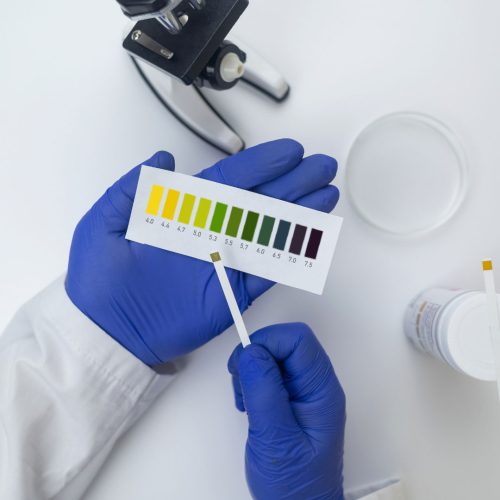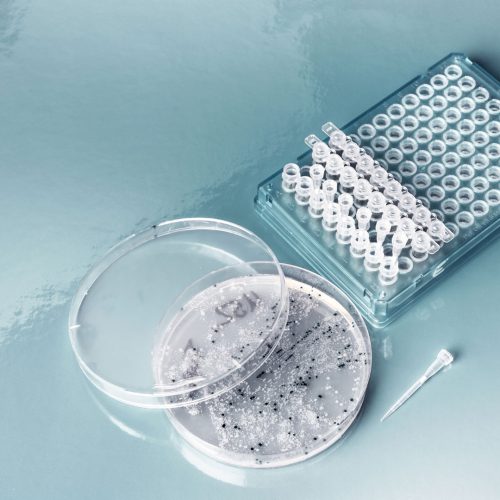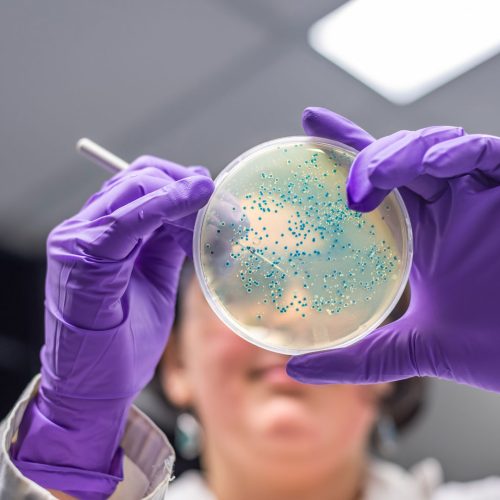Bacterial vaginosis is caused by an increase in the number of bacteria that are otherwise less present as a normal part of the bacterial flora, while reducing the protective bacteria Lactobacillus, which creates lactic acid necessary to maintain optimal vaginal pH and protect against infections.
The cause of the vaginal flora is not well known. However, there are some factors that can increase the risk of bacterial vaginosis. Bacterial vaginosis develops when the natural balance of the vagina is disturbed. Normally, healthy lactobacilli are the dominant bacteria in the vagina, but if bacterial vaginosis develops, other unwanted bacteria begin to outgrow lactobacilli.
Symptoms
Symptoms of bacterial vaginosis may include:
- Abundant rare white secretion,
- Vaginal tingling (intensified during urination),
- Vaginal itching,
- Intense unpleasant odor,
If you have unprotected sex, vaginal acidity pH temporarily increases because of the sperm that it is alkaline. This is not necessarily harmful to the vagina, but an increase in vaginal pH may increase the chances of it development of bacterial vaginosis.
Diagnosis
The diagnosis is made by clinical and microbiological examination of vaginal secretions. The clinical picture shows signs of inflammation such as redness or swelling of the mucosa and copious clear secretions. Microscopic examination of the vaginal swab preparation reveals the mass of gram labile bacilli and characteristic clue cells (epithelial cells covered with bacterial mass), lactobacilli deficiency, and leukocytes are absent. The pH value is elevated (ph> 4.5) and the amine test is positive (smear vaginal secretion on the glass slide, 1-2 drops of 10% KOH are added, which develops a characteristic unpleasant odor).






